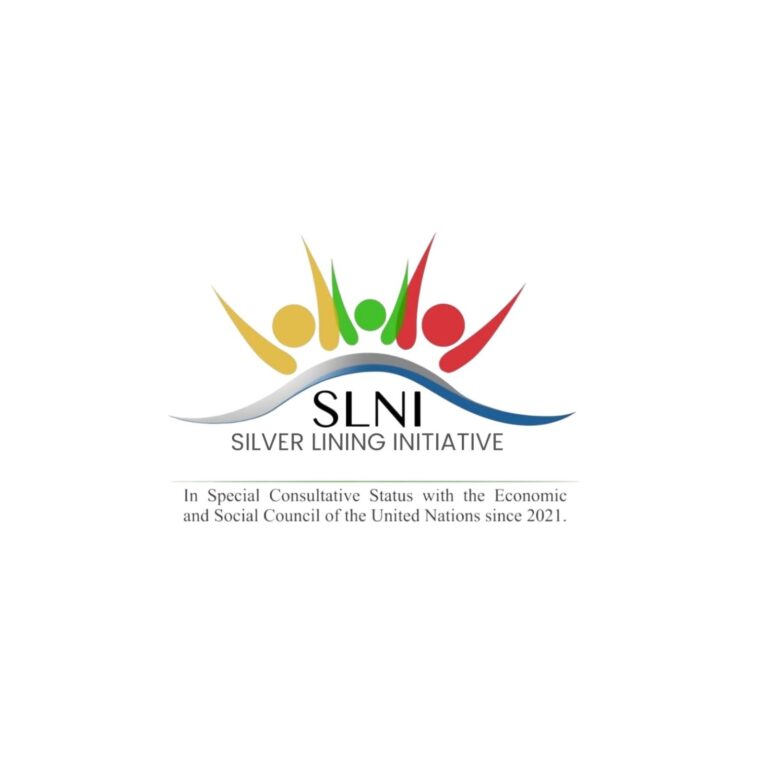This is a demo store for testing purposes — no orders shall be fulfilled. Dismiss

Introduction:
Reproductive health education is a vital component of public health, equipping individuals with knowledge and skills to make informed decisions about their sexual and reproductive well-being. In Nigeria, efforts to enhance reproductive health education have seen both progress and challenges. This article explores the importance of comprehensive sexuality education, common misconceptions, ways to improve reproductive health education, and the role of technology in this context.
Comprehensive Sexuality Education (CSE):
According to the World Health Organization (WHO), Comprehensive Sexuality Education (CSE) is pivotal in reproductive health education. It encompasses cognitive, emotional, physical, and social aspects of sexuality, aiming to provide young people with the knowledge, attitudes, skills, and values needed to lead healthy lives and build respectful relationships. CSE promotes a holistic understanding of sexuality.
School-Based Sexual Health Education:
The Centers for Disease Control and Prevention (CDC) recommends integrating sexual health education into comprehensive school health programs. These programs should feature evidence-based, medically accurate, age-appropriate, culturally sensitive, and inclusive curricula. Quality sexual health education equips students with functional knowledge and skills, enabling them to make informed decisions about their sexual health.
Common Misconceptions:
Addressing misconceptions is vital in reproductive health education. Some prevalent myths include beliefs that oral contraception protects against sexually transmitted infections (STIs), the withdrawal method is a reliable contraceptive, and sperm can cause pregnancy through clothing. Educating individuals to dispel these misconceptions is essential for informed decision-making.
Improving Reproductive Health Education:
Several avenues exist for involvement in enhancing reproductive health education in Nigeria:
1. Volunteer with organizations like the United Nations Population Fund (UNFPA), Education as a Vaccine, and the Society for Family Health.
2. Donate to organizations supporting reproductive health education.
3. Advocate for comprehensive sexuality education, raising awareness and supporting relevant policies.
4. Become a peer educator, helping disseminate accurate information.
5. Attend training programs to enhance knowledge and skills in sexual and reproductive health education.
Challenges in Nigeria:
Organizations working to improve reproductive health education in Nigeria encounter challenges, including the lack of enabling policies, inadequate funding, cultural and religious barriers, limited access to information and services, and stigma and discrimination related to HIV/AIDS.
Role of Technology:
Technology, particularly mobile health (mHealth) and digital health promotion has made significant contributions to reproductive health education. mHealth interventions offer innovative ways to provide sexual and reproductive health education and services. Digital health promotion, using online and mobile technologies, enhances parent-child communication, facilitating conversations about sexual and reproductive health.
Conclusion:
Reproductive health education is a crucial aspect of public health in Nigeria, aiming to empower individuals with knowledge and skills for informed decision-making. Comprehensive sexuality education plays a central role in this endeavor. While challenges persist, progress is evident, and technology offers innovative solutions. By addressing misconceptions, improving education methods, and harnessing technology, Nigeria can continue advancing reproductive health education for a healthier and more informed society
By: Lois Emmanuel Dabit (Admin Assistant II)
Silver Lining Initiative (SLNI) is an indigenous non-profit Organization established in 2009 to promote the spread of humanitarian aid through its broad spectrum of projects and activities.
+234 807 496 7427
info@slni.org
Maitama, FCT 904101,Abuja
© 2026 Silver Lining Initiative – All rights reserved
This is a demo store for testing purposes — no orders shall be fulfilled. Dismiss